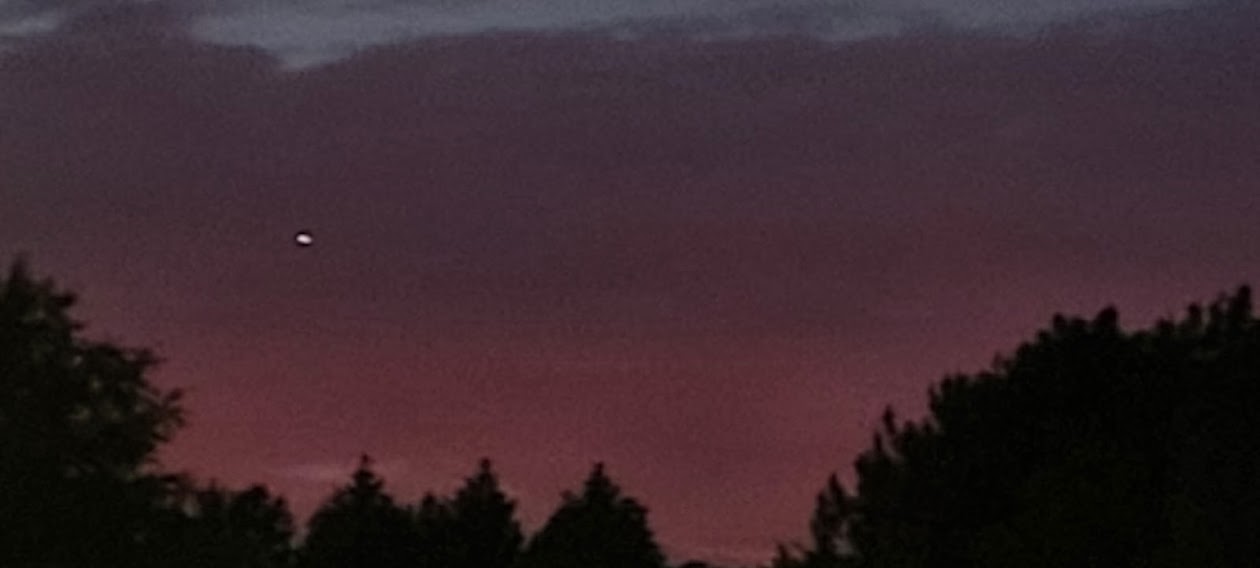Analyzing and addressing CNN’s perspective on UAPs
In a recent editorial on CNN, Jason Colavito expresses his skepticism towards the UFO phenomenon and criticizes the Congress for being too credulous. However, upon closer examination, it becomes evident that Colavito’s argument is flawed and misinformed.
Colavito’s editorial starts off by questioning the credibility of the author, suggesting that they may be a Russian Cyber-Soldier trying to undermine the July 26th Hearing on UAPs. This baseless accusation sets the tone for the article, which is filled with unsubstantiated claims and false facts.
One of Colavito’s main arguments is that the media, including CNN, is complicit in a UFO cover-up orchestrated by intelligence agencies. He cites a book titled “The Missing Times” by Terry Hansen as evidence of this alleged conspiracy. However, he fails to provide any concrete evidence to support his claims. Colavito’s attempt to discredit the media’s reporting on the UFO phenomenon lacks substance and relies on vague insinuations.
Furthermore, Colavito dismisses the testimonies of individuals like David Grusch, Ryan Graves, and David Fravor, who testified under oath during the House Oversight Committee Hearing on July 26. He questions their credibility without acknowledging their high-level security clearances and the fact that they offered to answer questions in a secure setting. By cherry-picking incidents like the Maury Island alleged crash and debris recovery while ignoring more significant cases like Roswell, Colavito attempts to undermine the credibility of the entire UFO community.
Colavito also criticizes Sean Kirkpatrick, the head of the Pentagon’s UFO office, for not receiving any “good cases.” This argument is flawed as it assumes that individuals with valuable information about secretive agencies and contractors would willingly come forward to confess their involvement. The secrecy surrounding these activities makes it highly unlikely for individuals to openly share their knowledge.
The editorial concludes by suggesting that if one case remains unidentified, it disproves the assertion that all UFOs are explainable. This statement is misleading and ignores the complexity of the UFO phenomenon. It’s unreasonable to expect that every UFO sighting can be fully explained. The existence of unexplained cases does not invalidate the entire field of UFO research.
In summary, Jason Colavito’s editorial fails to provide a convincing argument against the credibility of UFO sightings and the Congress’s interest in investigating them. His claims of a media conspiracy and his dismissal of credible testimonies undermine the validity of his argument. Instead of engaging in thoughtful analysis, Colavito resorts to baseless accusations and misrepresentations. It is essential to approach the UFO phenomenon with an open mind and a willingness to examine evidence objectively, rather than dismissing it based on preconceived notions.
